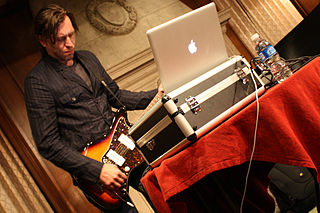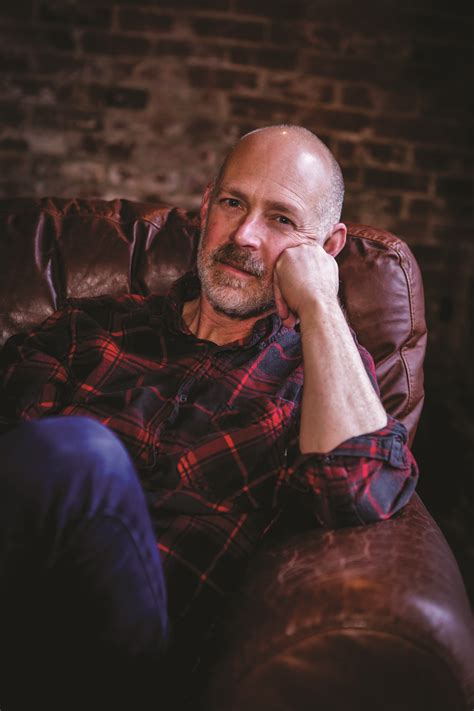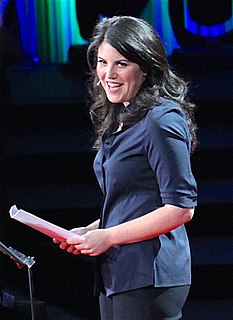A Quote by Yoko Ono
Some people get medals and awards and all that, and maybe not intentionally - maybe the world is making them do it - but they sort of just follow what they were doing. Repeat or follow what they were doing all their lives, in their style of music or whatever. In my case, I always try to start from scratch. It's very nerve-wracking actually, but it's interesting.
Related Quotes
The first comedians I became fascinated with were the Marx brothers. I couldn't get enough of them. Later in life, I thought, "Well, maybe it's because they were so rebellious and they were just flipping the bird to society and all the rules we're supposed to follow." They were saying that none of it is fair.
To follow Jesus implies that we enter into a way of life that is given character and shape and direction by the one who calls us. To follow Jesus means picking up rhythms and ways of doing things that are often unsaid but always derivative from Jesus, formed by the influence of Jesus. To follow Jesus means that we can't separate what Jesus is saying from what Jesus is doing and the way that he is doing it. To follow Jesus is as much, or maybe even more, about feet as it is about ears and eyes" (The Way of Jesus, Eugene H. Peterson, 22).
If I had been a different sort of person, maybe less impressionable, less intense, less fearful, less utterly dependent upon the perceptions of others - maybe then I would not have bought the cultural party line that thinness is the be-all and end-all of goals. Maybe if my family had not been in utter chaos most of the time, maybe if my parents were a little better at dealing with their own lives maybe if I'd gotten help sooner, or if I'd gotten different help, maybe if I didn't so fiercely cherish my secret, or if I were not such a good liar, or were not quite so empty inside... maybe.
When I was a boy, I would read those postcards and know exactly why my father was doing what he was doing: he was taking a stab at greatness, that is, if greatness is simply another word for doing something different from what you were already doing--or maybe greatness is the thing we want to have so that other people will want to have us, or maybe greatness is merely the grail for our unhappy, striving selves, the thing we think we need but don't and can't get anyway.
Happiness is not like we were walking around fingering razor blades or anything like that. But it just sort of seems as if - we sort of knew how happy our parents were, and we would compare our lives with our parents and see that, at least on the surface or according to the criteria that the culture lays down for a successful, happy life, we were actually doing better than a lot of them were.
I think when I was doing my very first interviews, I probably brought a notepad and did ask people my first fifteen questions while sitting in a Starbucks or something horrible like that. And I found that, oftentimes, the most important thing at the very first interview is just establishing a personal connection and developing some sort of rapport so that I can go back to them again, and then maybe again, and maybe again after that.
In the early '90s, it felt like there was space - there was like an empty feel. There was nobody really doing this. Maybe the Pixies were, a little bit. Their lyrics were also disjointed, more psychosexual or something. That's part of youth, too, maybe, that you just feel like you're doing something different.
People are lonely in this world for lots of different reasons. Some people have something in their disposition. Maybe they were born too mean, or maybe they were born too tender. But most people are brought to where they are by circumstance, by calamity or a broken heart or something else happening in their lives that wasn't anything they planned on. People are lonely in this world for lots of different reasons. The one thing that I do know is, it doesn't matter what any one of them tell you -- nobody wants to be alone.








































